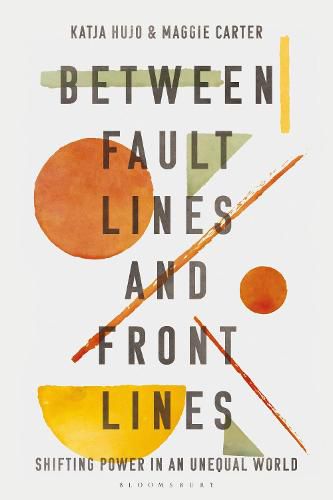Readings Newsletter
Become a Readings Member to make your shopping experience even easier.
Sign in or sign up for free!
You’re not far away from qualifying for FREE standard shipping within Australia
You’ve qualified for FREE standard shipping within Australia
The cart is loading…






Inequality is one of today’s greatest challenges, obstructing poverty reduction and sustainable development. As the power of elites grows and societal gaps widen, institutions representing the public good and universal values are increasingly disempowered or co-opted, and visions of social justice and equity side-lined.
This book explores the roles of elites and institutions of power in the deepening of social and economic cleavages across the globe, by asking how inequalities have reshaped structures from the local to the transnational level, and what consequences they have wrought. In addition, the contributors present examples of peaceful processes of policy change that have made societies greener and more socially just, levelled out social stratification, and devolved power and resources from elites to non-elites, or towards marginalized or discriminated groups. Based on cutting-edge empirical research, the chapters in this volume bring together conceptual thinking and a number of case studies from the Global North and South, combining different levels of analysis and a range of qualitative research methods to present solutions for closing the inequality gap.
$9.00 standard shipping within Australia
FREE standard shipping within Australia for orders over $100.00
Express & International shipping calculated at checkout
Inequality is one of today’s greatest challenges, obstructing poverty reduction and sustainable development. As the power of elites grows and societal gaps widen, institutions representing the public good and universal values are increasingly disempowered or co-opted, and visions of social justice and equity side-lined.
This book explores the roles of elites and institutions of power in the deepening of social and economic cleavages across the globe, by asking how inequalities have reshaped structures from the local to the transnational level, and what consequences they have wrought. In addition, the contributors present examples of peaceful processes of policy change that have made societies greener and more socially just, levelled out social stratification, and devolved power and resources from elites to non-elites, or towards marginalized or discriminated groups. Based on cutting-edge empirical research, the chapters in this volume bring together conceptual thinking and a number of case studies from the Global North and South, combining different levels of analysis and a range of qualitative research methods to present solutions for closing the inequality gap.